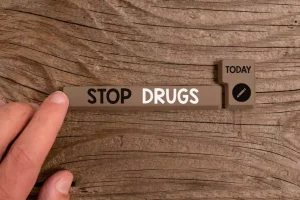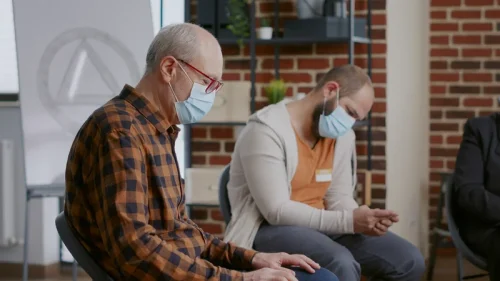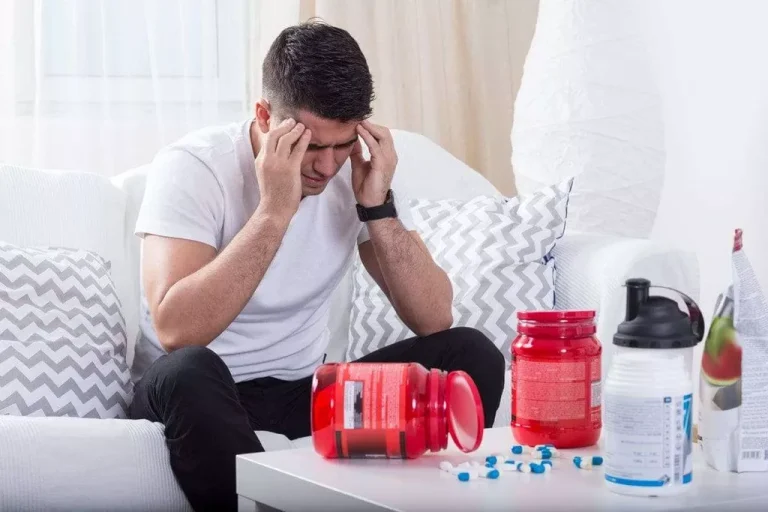
Some people argue that casual, occasional use of some drugs is not harmful and is merely use, not abuse. The most vocal of the proponents of recreational drug use are those who smoke marijuana. They argue that marijuana is not addictive and has many beneficial qualities, unlike the “harder” drugs.

Resources for Researchers
A mental health professional can help people find the best treatment plan for their symptoms and needs. Outpatient programs can be in-person or using telehealth (meaning care online or over the phone). Telehealth can be a great way to receive care, especially for people who have a hard time getting to appointments. This is usually an option for first line treatment and for maintenance. You can search online for telehealth treatment or support specifically for mental health, drug, or alcohol issues. For example, psychiatrists are licensed to prescribe medication in all states and must have a medical degree.
Where can you find a mental health counselor?
Rather, they help individuals who are relatively higher functioning to continue growing and accomplish specific goals. Therapy tends to be longer term, while coaching tends to be shorter term, although the length of treatment can vary according to the goals and objectives in either setting. Individual substance abuse counseling is not always a high enough level of care in early stages of recovery from a substance use disorder, but it can be in some cases.
Types of Treatment
Acccording to NIMH, substance abuse disorder is a treatable mental disorder. It encompasses behavioral, physical, and social changes in a person due to their use of drugs or alcohol or both. While there is some overlap between clinical mental health counseling and social work, each of these two professions differs from the other in the services performed and the approaches taken to help clients. Below, substance abuse counseling you will learn how education, practices, and careers differ between the two fields. Addiction studies researchers and substance abuse counselors may find employment in public health, hospitals, counseling facilities, universities, or even in government organizations. Those in research positions may find themselves working in labs with data or in the field taking notes and making observations.

Treatment programs for veterans with co-occurring disorders

Psychiatrists are medical doctors who can prescribe medications and often specialize in conditions that require medication or a combination of medication and counseling, such as depression. A counselor or psychologist may refer patients with more complex or serious needs to a psychiatrist, especially if they consider the patient may be in danger. Counseling tends to be shorter term, goal-oriented, and it addresses concrete, specific life challenges. By contrast, therapy with other professionals tends to be longer term, more exploratory and holistic, and it treats mental illness.
- This is usually an option for first line treatment and for maintenance.
- Substance abuse counselors help people experiencing substance use and drug addiction problems.
- The treatment of depressive disorders with co-occurring addiction can be challenging.
What is the difference between a mental health counselor and a psychologist?
Meeting with a compassionate professional will help you determine what your next step should be. Updates about mental health topics, including NIMH news, upcoming events, mental disorders, funding opportunities, and research. Though if you are a certified or licensed therapist or counselor, you may still work in the addiction studies field as well.
- Substance abuse can impair motivation and decreases the effectiveness of therapeutic interventions.
- They go through the most extensive education and training of all of these careers, following the standard medical school education and completing a psychiatry residency after they graduate.
- A person who abuses drugs or alcohol may develop mental health problems due to changes in their brain and body chemistry.
- These professionals work with individuals who experience a range of substance use issues.
- In the United States, nearly 1 in 5 adults live with a mental health condition, according to the National Institute of Mental Health, but only about half of them receive treatment.

